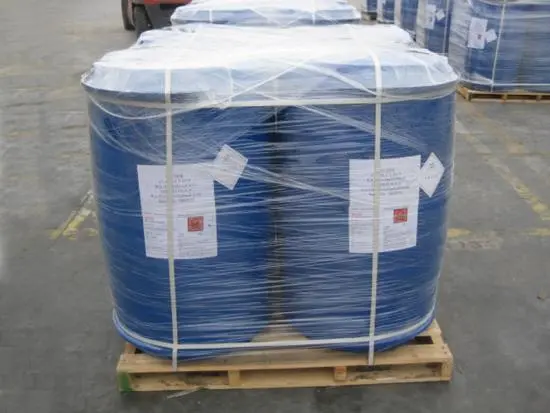The Role of Fine Chemicals in Modern Manufacturing
2025-04-15
Modern manufacturing relies heavily on specialized substances that can meet exact standards — this is where fine chemicals come into play. These high-purity compounds are crucial in producing everything from life-saving drugs to cutting-edge electronics.
Precision and Purity
Unlike commodity chemicals, fine chemicals must meet strict specifications for purity and performance. Manufacturers often produce them through multi-step synthesis, involving careful control over temperature, pressure, and reaction time.
This level of precision ensures that the final product — whether it's a pharmaceutical tablet or a solar panel — functions as intended without side effects or failures.

How Fine Chemicals Support Innovation
1. Pharmaceuticals
Many fine chemicals serve as intermediates or precursors in drug development. Their consistency allows researchers to formulate effective treatments and bring new drugs to market faster.
2. Green Chemistry
With a growing emphasis on environmental responsibility, fine chemical producers are adopting green synthesis methods, using renewable feedstocks and minimizing waste. This aligns with sustainable manufacturing goals.
3. Advanced Technologies
From OLED displays to aerospace composites, fine chemicals enable the creation of high-performance materials that wouldn’t be possible otherwise.
4. Research and Development
Fine chemicals are essential in laboratories around the world. Their availability in precise formulations allows scientists to explore new compounds, processes, and technologies.
Challenges in Production
Producing fine chemicals comes with its own set of challenges, including:
- Maintaining consistent purity levels
- Managing high production costs
- Navigating strict regulatory environments
- Developing sustainable and scalable synthesis methods
The Future of Fine Chemicals
The fine chemicals industry is evolving rapidly with the advancement of biotechnology, automation, and custom synthesis services. Companies are investing in cleaner, more efficient methods to meet the rising global demand for quality chemicals across sectors.
---
Would you like a third blog focused on the differences between fine and bulk chemicals, or perhaps a deep dive into biotechnology’s impact on fine chemical production? Let me know!


